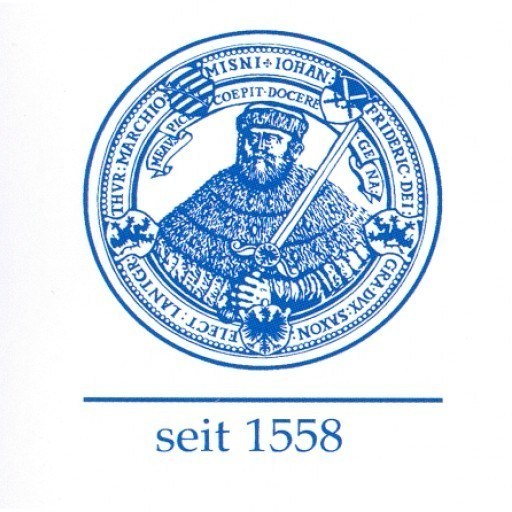Photos of university / #ruhrunibochum
The Bachelor of Science in Biochemistry at Ruhr University Bochum offers students a comprehensive foundation in the chemical processes and molecular mechanisms that underpin life. This programme is designed to equip students with a thorough understanding of the structure, function, and interactions of biological molecules such as proteins, nucleic acids, lipids, and carbohydrates. Throughout the course, students explore the principles of chemistry, biology, and physics as they relate to living systems, fostering an integrated approach to studying the molecular basis of life.
The curriculum combines theoretical instruction with practical laboratory work, enabling students to develop essential skills in experimental techniques, data analysis, and scientific communication. Core courses cover areas such as organic and inorganic chemistry, molecular biology, biochemistry, and biophysical methods. Special emphasis is placed on understanding biochemical pathways, enzymology, genetic regulation, and cellular processes. The programme also offers optional modules allowing students to tailor their studies towards specific interests such as structural biology, bioinformatics, or medical biochemistry.
Students benefit from state-of-the-art laboratories and research facilities, providing opportunities for hands-on research, including projects focused on current biomedical challenges. The programme aims to prepare graduates for careers in research, biotechnology, pharmaceuticals, and healthcare. It also facilitates entry into further academic study or specialized postgraduate programmes.
Throughout their studies, students are encouraged to engage in interdisciplinary thinking and collaborative projects, reflecting the interconnected nature of modern sciences. The curriculum is designed to meet academic standards and promote critical thinking, problem-solving abilities, and scientific innovation. Graduates will leave the programme with a solid foundation of biochemical knowledge, practical laboratory expertise, and the ability to apply scientific principles in diverse professional settings.
Educational organisation
- Compulsory lectures in biochemistry, bioinformatics, and radiation safety, a biochemical seminar on current topics in biochemistry, and two elective lectures in the chosen focal point programme in the first year
- compulsory practicals in four focal point programmes in the first semester, and two research-oriented advanced practicals in the chosen focal point programme in the second semester
- another elective lecture in the chosen focal point programme, one elective lecture in chemistry, and a lecture with practicals in animal research training in the second year
- one research-oriented, semester-long advanced practical in the focal point programme in the second year
- Master's thesis in the second year (six months)
Study abroad unit(s)
Not compulsory, but ECTS credits from courses in studies abroad can be accepted.Internships
There are no internships within the MSc programme.Forms of assessment
- Written examinations for compulsory lecture courses
- oral examinations for elective lecture courses
- performance in practical courses is graded










